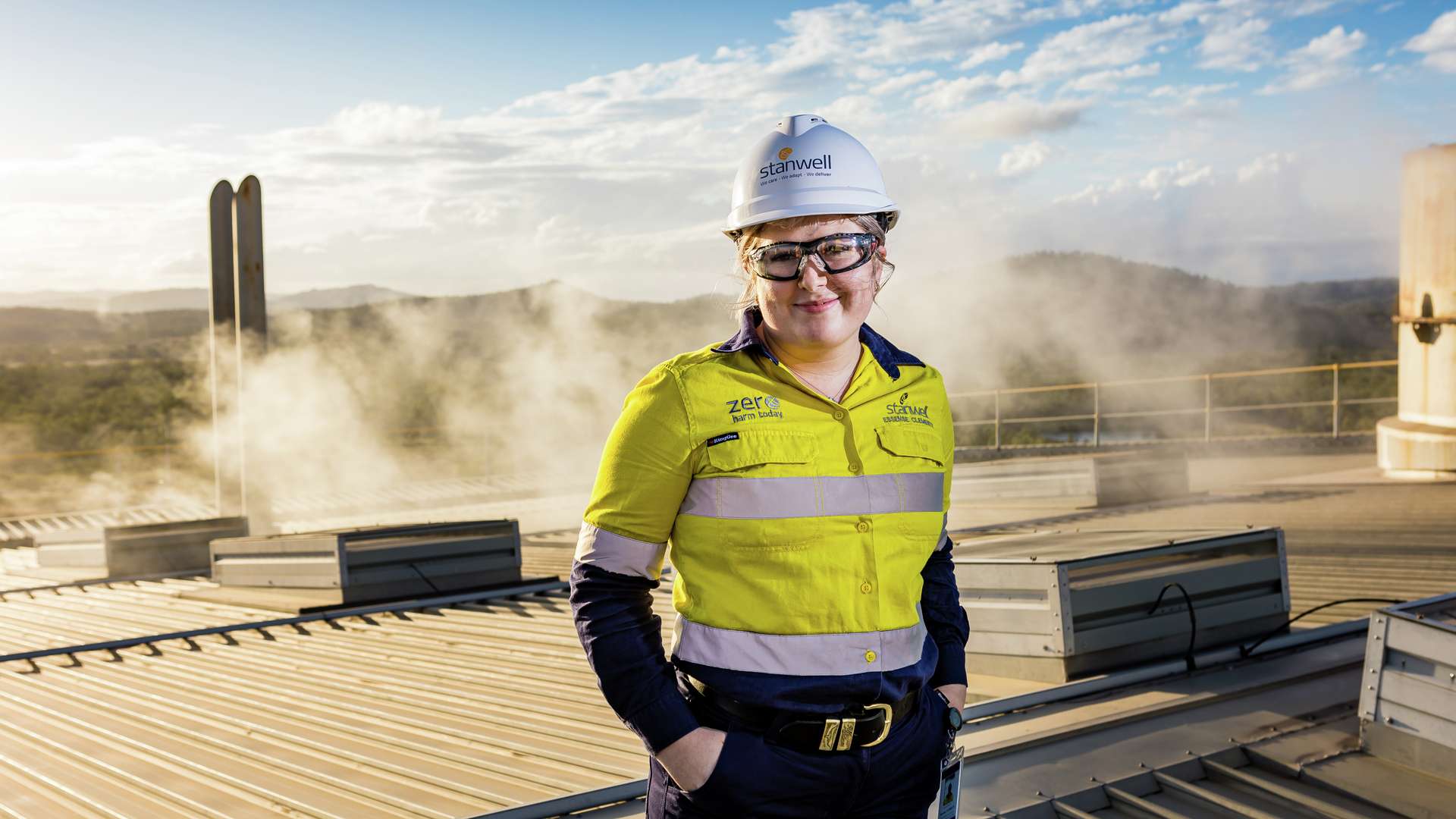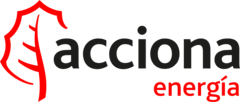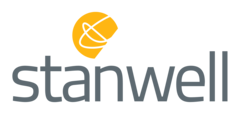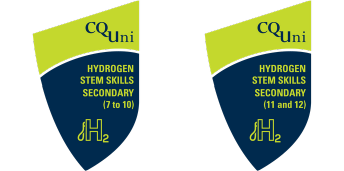
Developed by CQU in partnership with Stanwell Corporation and ACCIONA Energía, the online programs will build meaningful industry-school connections and showcase the Queensland hydrogen and renewable energy sectors to our future workforce.
The renewable energy industry provides an opportunity for the development and innovation of new renewable energy technologies to sustainably meet burgeoning global energy demands. The hydrogen industry in Queensland is set to be a promising option for storing energy from renewables, advancing the decarbonisation of regional and global economies and positioning Queensland as a sustainable energy powerhouse nationally and internationally.
 |  |  |
Students undertaking Fuelling a Hydrogen Future: STEM Skills for Secondary Learning (Years 7-10 ) or (Years 11-12) micro-credentials will learn how hydrogen can support the world’s growing energy demands while reducing the global carbon footprint, as well as develop the STEM skills relevant to participating in the emerging hydrogen industry.
The QCAA/ACARA curriculum-aligned online learning resources are available for students in Years 7-10 and Years 11-12. These non-creditable micro-credentials are awarded a digital badge and a Certificate of Completion.
Students will explore:
The micro-credentials align with the United Nations Sustainable Development Goal (SDG) 7 Affordable and Clean Energy and include Queensland-based STEM industry professional profiles.

The Teacher Implementation Plan aims to provide students with an engaging and interactive experience that helps them understand the properties, uses and applications of hydrogen which includes the following key elements:
The curriculum alignment plans include learning areas, content descriptors, general capabilities, and cross-curriculum priorities.
Students must be enrolled using their school email address. Teachers may bulk enrol students by contacting Corporate Training and requesting a bulk enrolment template.
For further information on Fuelling a Hydrogen Future, Assoc Prof Aruna Jayasuriya a.jayasuriya@cqu.edu.au
CQUniversity Australia is a trading name of Central Queensland University
ABN: 39 181 103 288
RTO Code: 40939
CRICOS: 00219C
TEQSA: PRV12073